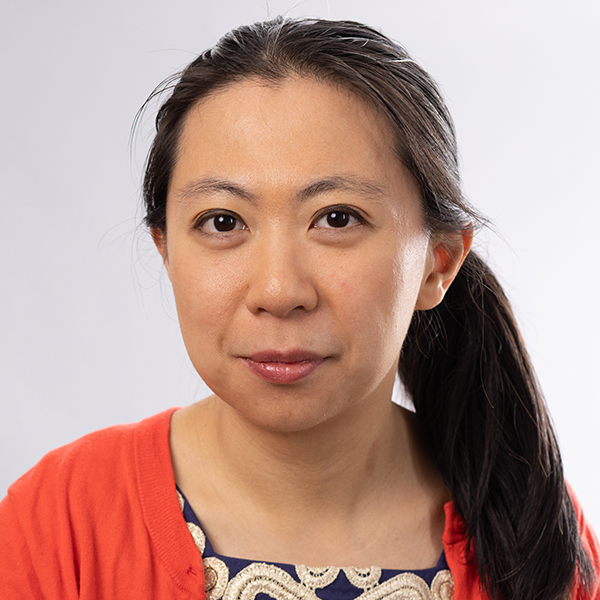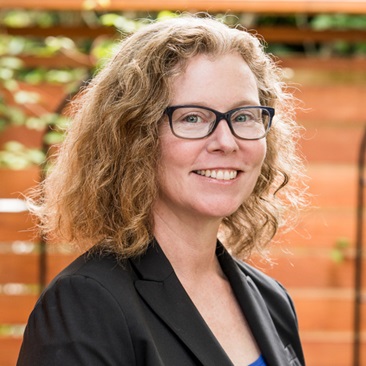full-time faculty teaching and conducting research in political science
of Maxwell faculty conduct research focused outside of the U.S.
graduate students in residence; fewer than 12 admitted each year
Undergraduate Studies
Graduate Studies

I am Maxwell.
Civic engagement is a core value for me. I have always aspired to help the communities I’m from.” Mazaher Kaila, a Maxwell alumna and third-year student at Syracuse University's College of Law, moved with her family from Sudan to Central New York when she was four years old. “I realized that to make meaningful change in society, I needed to understand the systems that power it—government and politics—and that’s insight I would gain by studying political science.”
Mazaher Kaila ’19, L’22
political science, law
Was Jan. 6 an Insurrection? A Failed Coup? Cleary Discusses with Politico
August 26, 2022
Politico
It's been more than 18 months since the events of Jan. 6, 2021, and Americans are still struggling to understand what happened that day. Matt Cleary, associate professor of political science and expert in the study of global political instability and polarization, participated in a roundtable of distinguished scholars and writers hosted by Politico to discuss what Jan. 6 should be called.
"Certainly, riot is an easy way to describe it," says Cleary. "Insurrection is better, and I think insurrection would be my preferred term for it. And I agree...that 'coup' is a little too strong, and there are some important differences between what happened on January 6th, on the one hand, and your typical Latin American coup on the other hand," he says.
"The most important being the lack of participation of any military or police forces of the state," Cleary explains. "In fact, Trump the man, the person, could not or did not count on the support of any institutional actors, so far as I know. Not the Supreme Court, not the Congress as a whole, although certainly he has some supporters in Congress, not other important institutions of the state," he says.
Read the full article, "Ask the ‘Coupologists’: Just What Was Jan. 6 Anyway?"
Related News
Commentary

Aug 1, 2024
Commentary

Jul 31, 2024
Commentary

Jul 30, 2024
BaoBao Zhang Joins First Cohort of AI2050 Early Career Fellows
One of only 15 scholars chosen from across the U.S., Zhang will receive up to $200,000 in research funding over the next two years. Zhang will use the funding to partner with the nonprofit, non-partisan Center for New Democratic Processes to test whether public participation in AI governance is increased through the creation of public assemblies, known as “deliberative democracy workshops.”
Baobao Zhang
Assistant Professor, Political Science Department

Was Jan. 6 an Insurrection? A Failed Coup? Cleary Discusses with Politico
August 26, 2022
Politico
It's been more than 18 months since the events of Jan. 6, 2021, and Americans are still struggling to understand what happened that day. Matt Cleary, associate professor of political science and expert in the study of global political instability and polarization, participated in a roundtable of distinguished scholars and writers hosted by Politico to discuss what Jan. 6 should be called.
"Certainly, riot is an easy way to describe it," says Cleary. "Insurrection is better, and I think insurrection would be my preferred term for it. And I agree...that 'coup' is a little too strong, and there are some important differences between what happened on January 6th, on the one hand, and your typical Latin American coup on the other hand," he says.
"The most important being the lack of participation of any military or police forces of the state," Cleary explains. "In fact, Trump the man, the person, could not or did not count on the support of any institutional actors, so far as I know. Not the Supreme Court, not the Congress as a whole, although certainly he has some supporters in Congress, not other important institutions of the state," he says.
Read the full article, "Ask the ‘Coupologists’: Just What Was Jan. 6 Anyway?"
Related News
Commentary

Aug 1, 2024
Commentary

Jul 31, 2024
Commentary

Jul 30, 2024

